Consecrated Coffee: A Look at Various Religions’ Relationship With Coffee
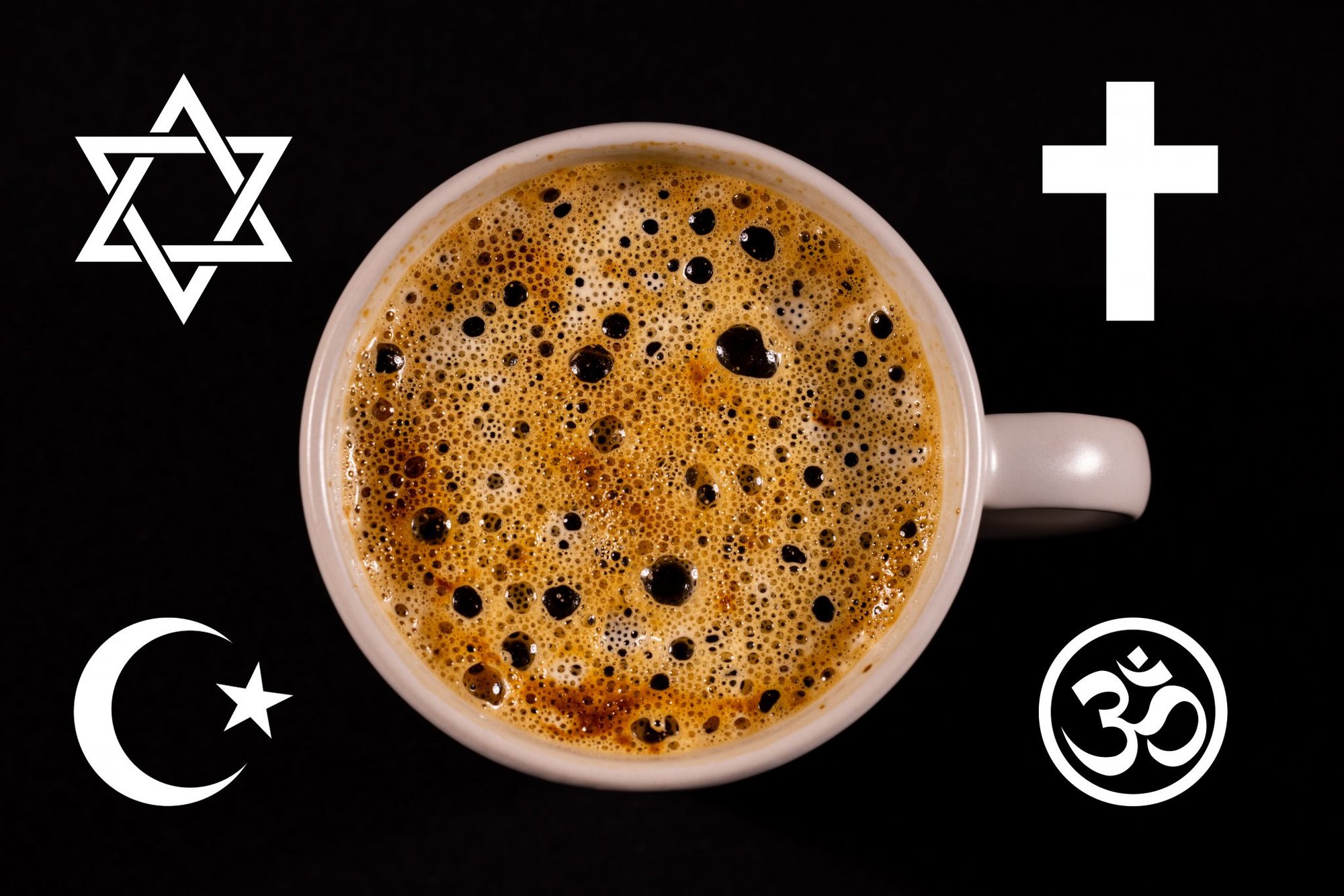
Tea and wine are used in certain religious rituals and services, but many of the faithful also have an interesting relationship with coffee. Photo by engin akyurt on Unsplash; composite by Coffee or Die Magazine.
Various religions and spiritual practices have incorporated food and drink into their rituals throughout time. Certain dishes and beverages carry symbolic weight, whether adherents are partaking in communion or celebrating Passover Seder. Red wine and tea figure during certain rites and are noted in religious literature. Though coffee may not play an active role in religious services, followers of mainstream religions hold a range of attitudes toward the brew. We’ve investigated how coffee is integrated, if at all, among the faithful of different beliefs.
Christianity
Although you may not see a pot of coffee brewing during a Sunday sermon, it’s often a staple for Christian congregations to hold coffee hour after services. Coffee has been an acceptable vice for Christians since Pope Clement VIII famously proclaimed, “Why, this Satan’s drink is so delicious that it would be a pity to let the infidels have exclusive use of it.”
In the early 1600s, Pope Clement VIII allegedly blessed the beans to entice Christians to choose coffee over alcohol. Today, the beverage remains a staple in gatherings of most denominations and offshoots of Christianity, except for The Church of Latter-day Saints, also known as the Mormon church. Caffeinated beverages are banned in the Mormon faith due to their “mind altering” effects and “addictive” qualities.
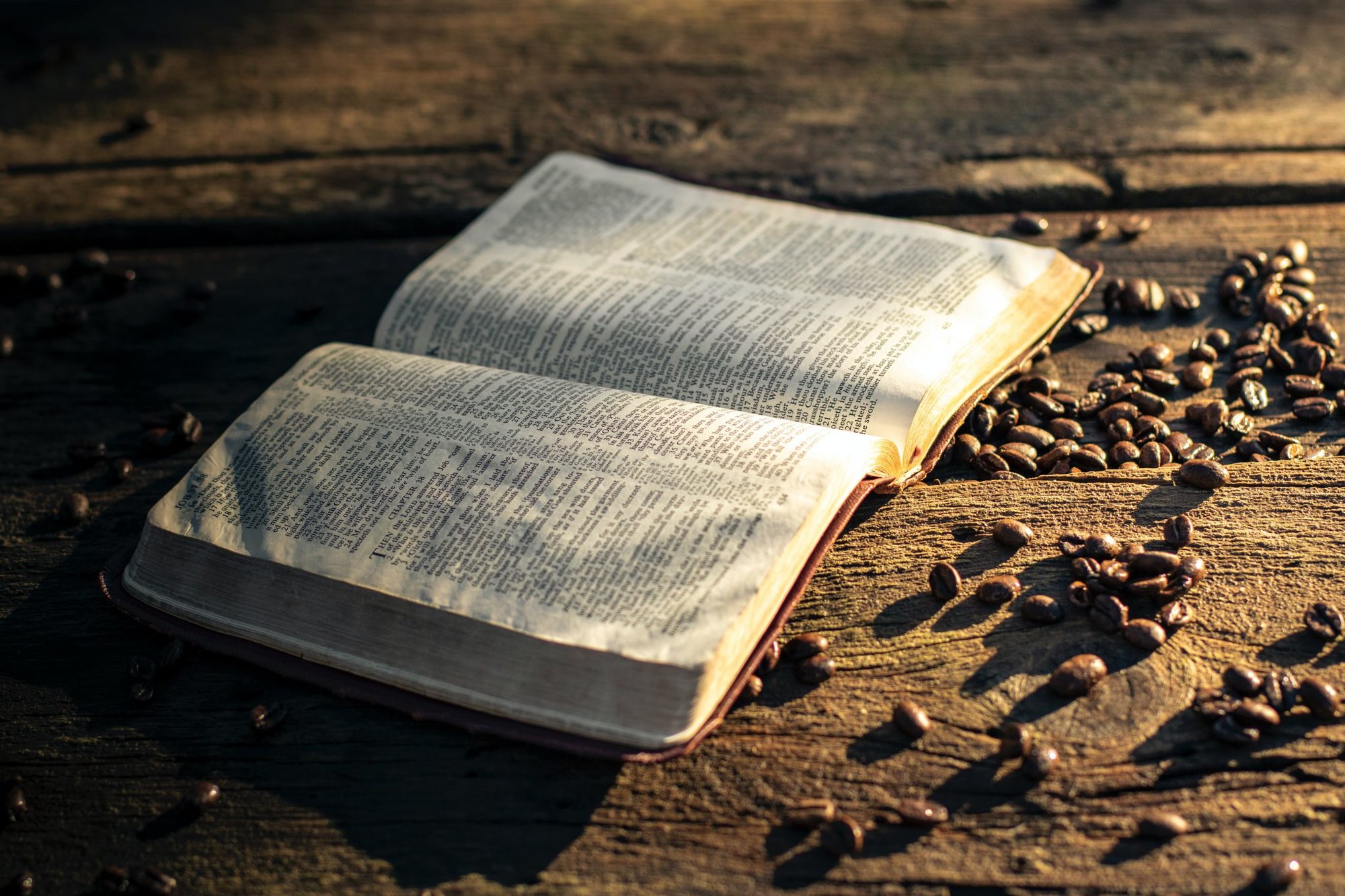
Judaism
Consuming coffee in the Jewish culture dates back thousands of years to when Ethiopia housed a sizable Jewish population, before most relocated to Israel. Today in Israel, Arabica coffee, which originated in Ethiopia, is the most popular bean. Throughout Europe, many of the first coffeehouses were owned and operated by Jewish merchants. Italy’s first café (and one of the first in Europe) was allegedly opened by a Jewish vendor in 1632 in Livorno, Italy. England’s first coffeehouse was reportedly started by “Jacob the Jew,” an immigrant from Lebanon. Coffee is an integral part of the Jewish heritage, especially as traditional black brews are kosher, and has become a loyal companion for late-night academics studying the Torah.
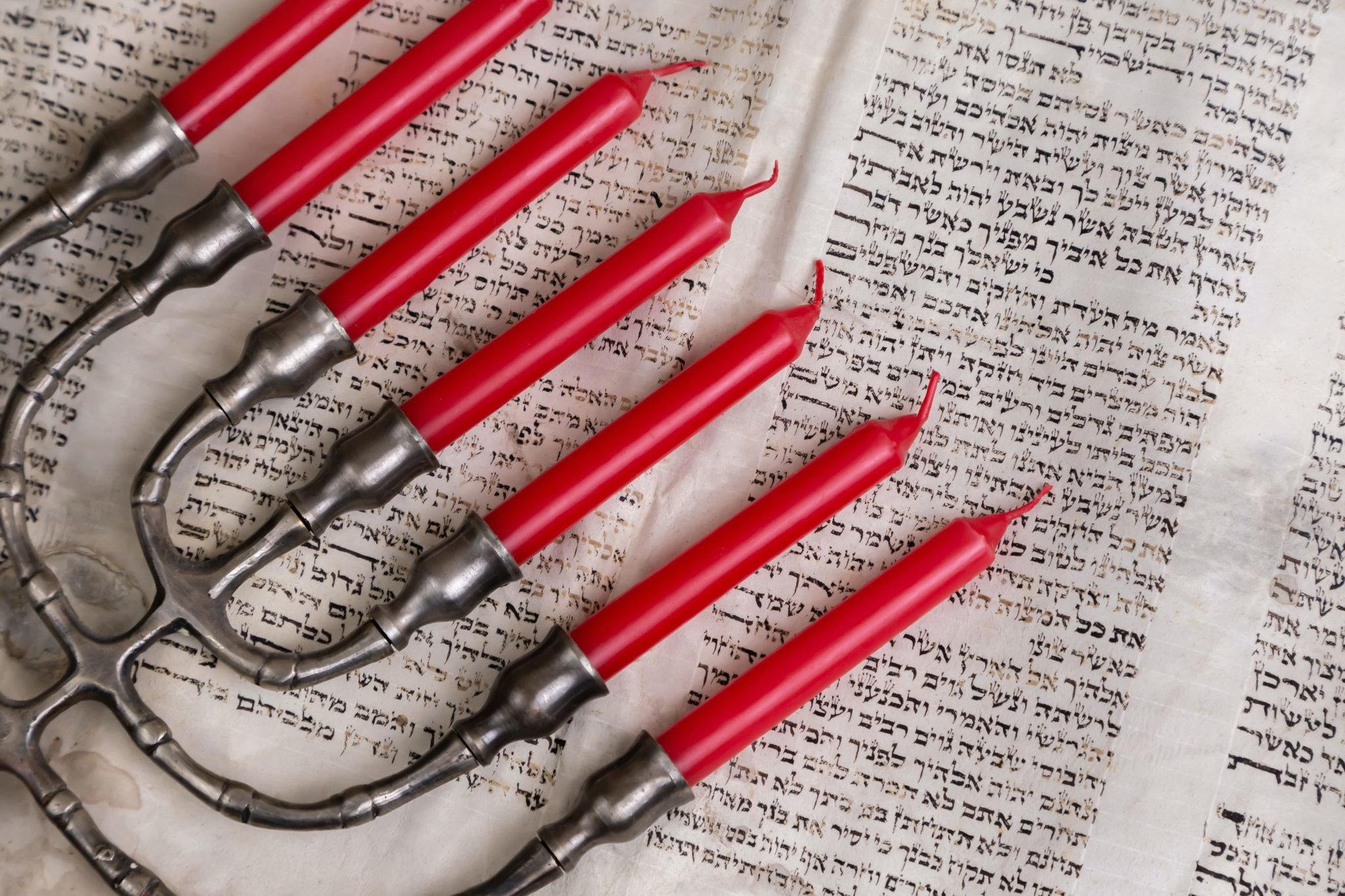
Hinduism
Hinduism, one of the world’s oldest religions and one of the largest, is rooted primarily in India, and though tea is an essential component of the Indian culture, coffee is nearly as popular among Hindus. Coffee was never mentioned in Indian mythology — but neither was tea.
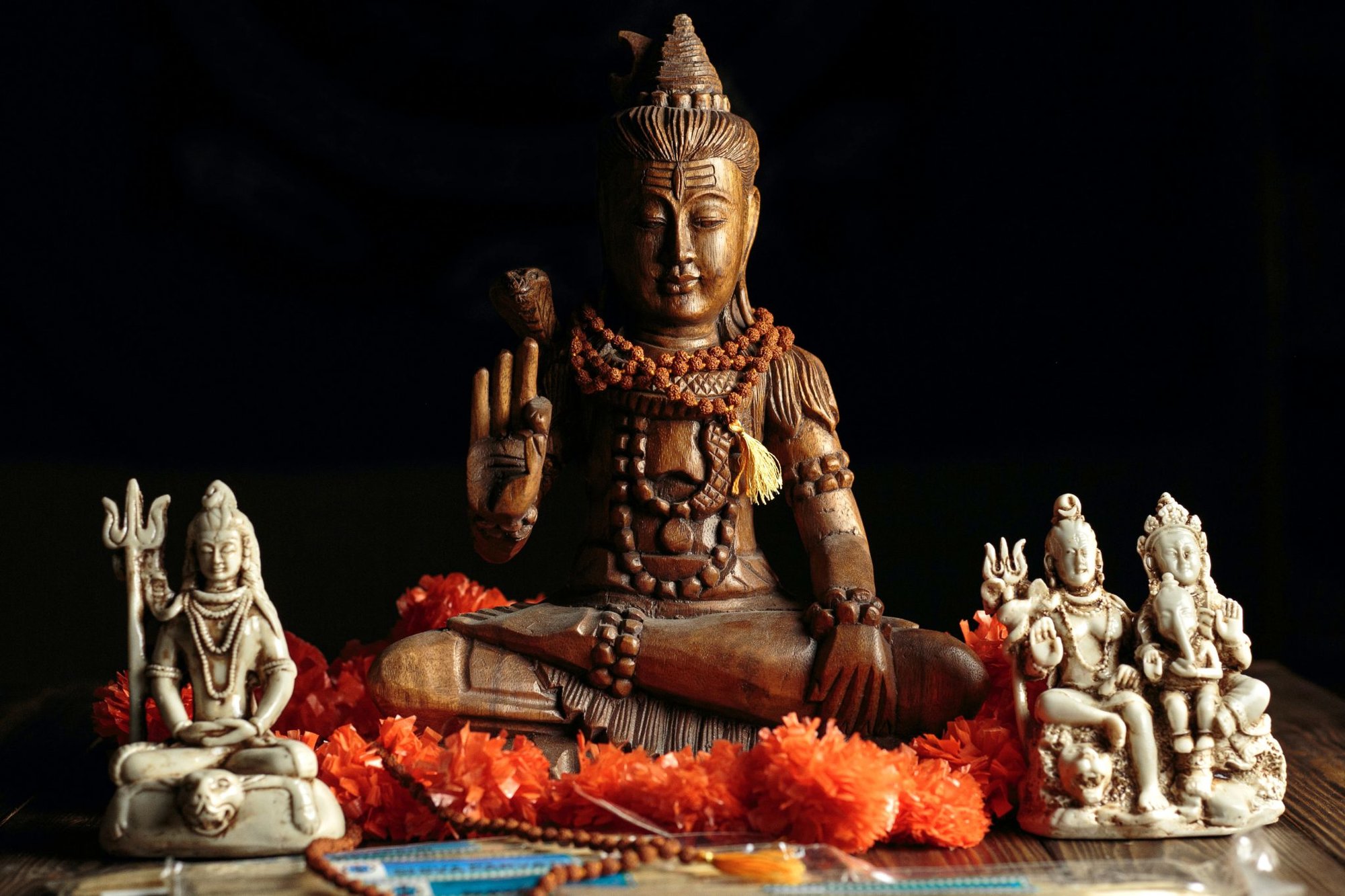
Islam
The world’s most extensive coffee plantations may currently be in regions such as Vietnam and Brazil, far from the Middle East, but coffee would not be what it is today without Islam. In fact, of all mainstream religions, Islam has the closest ties with coffee culture with a history dating back centuries, as many coffee scholars believe the beloved beverage originated in Yemen. Coffee was widely consumed by Sufis during prayer and meditation, rituals that would last long into the dark nights. It was initially honored as an alternative to alcohol, which was notably seen as haram, or forbidden by Islamic law. Once coffeehouses began to sprout, Muslims would congregate at the establishments to pray and socialize, at times choosing a popular café over their mosques to spend time. Today, the “wine of Islam” is still widely consumed by Muslims worldwide, paying homage to their Islamic ancestry.
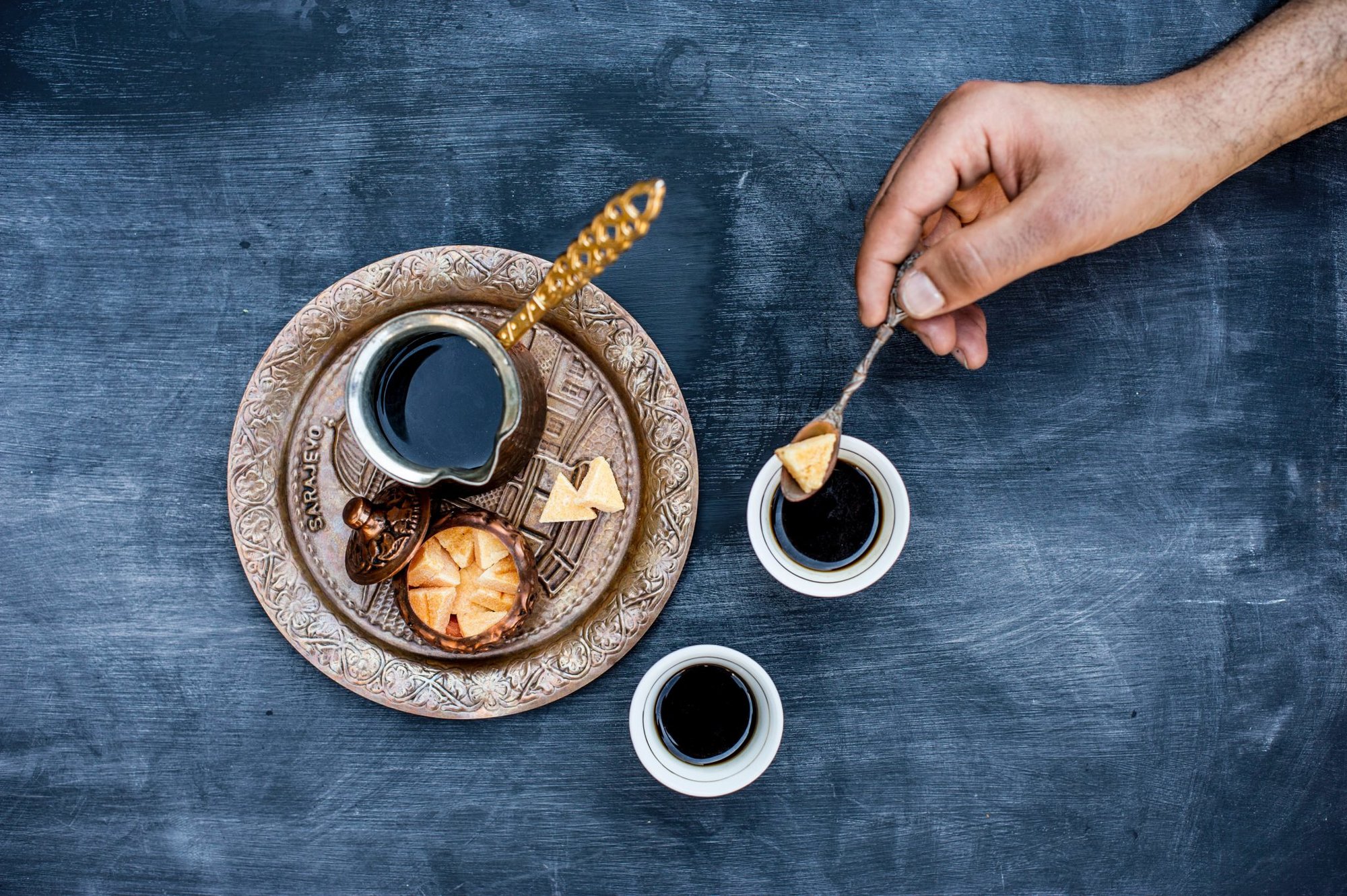
Buddhism
Buddhists are incredibly careful about their approach to life, meticulously choosing paths to guide them to enlightenment. While the jury is still out on coffee consumption, most Buddhists believe coffee in moderation is perfectly fine, as long as it does not interfere with the fifth precept, a guideline of morals for practicing Buddhists. The fifth precept warns against intoxication, urging followers to steer away from drugs, alcohol, and other mind-altering elixirs that could interfere with achieving nirvana. Most modern Buddhists are less strict concerning intoxicants, and although coffee has a mild effect on the brain, social and daily consumption is generally accepted.
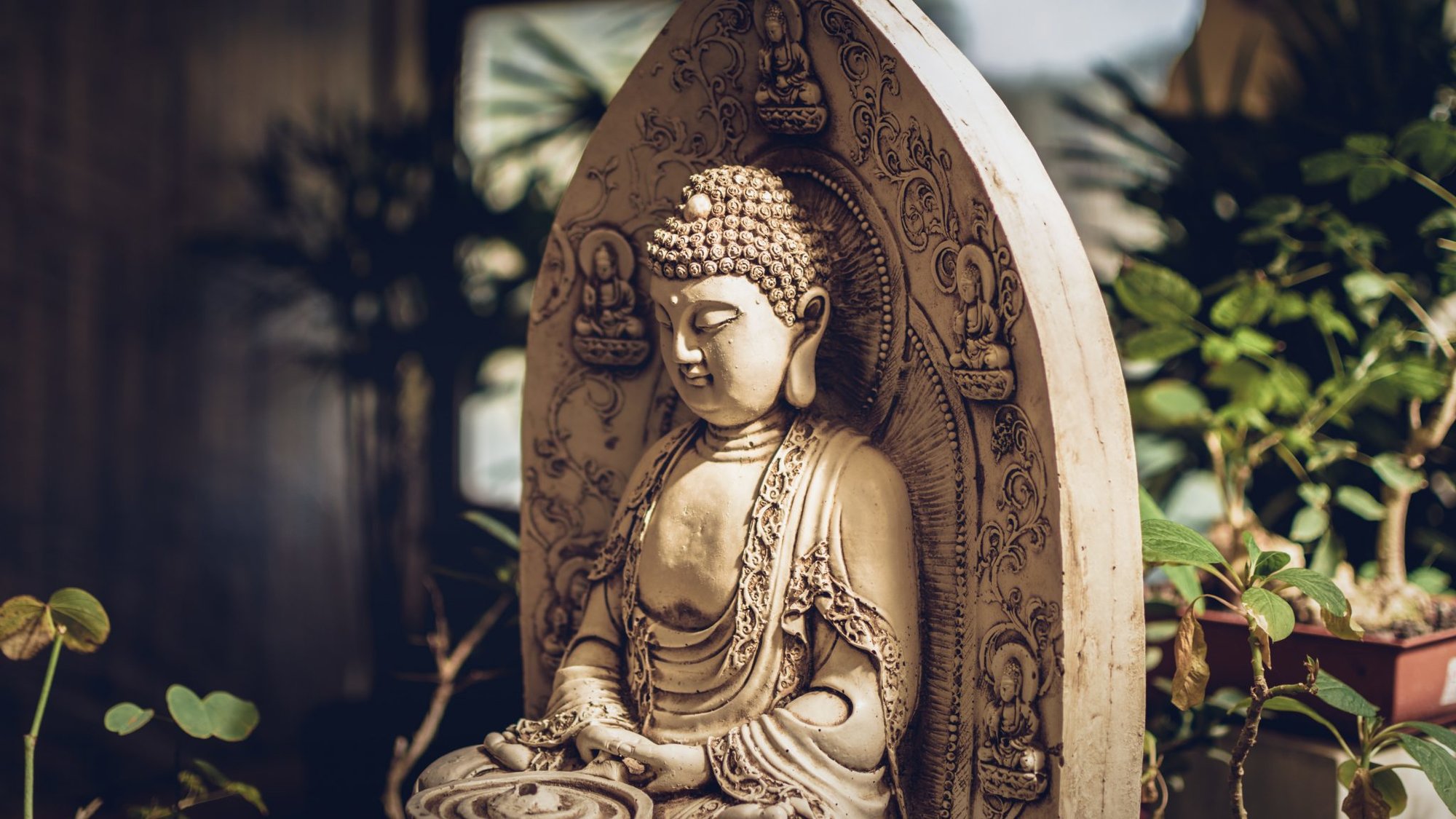
Wicca
The practice of Wicca is primarily focused on witchcraft and nature worship. While Wiccans may use tea and wine as deity offerings or consume them after a ritual or spell, they also look to coffee for its cleansing components and creativity boosts. Pagans gravitate toward plants, vegetables, fruits, and anything grown from the ground. As coffee beans are derived from trees, the beverage is as valuable to Wiccans as crystals and incense. Coffee is also widely believed to be a source of divination, as believers can interpret signs from reading coffee grounds, also known as tasseography. This branch of divination has been practiced for thousands of years and has grown in popularity, especially with the rise of witchcraft interest within the US.
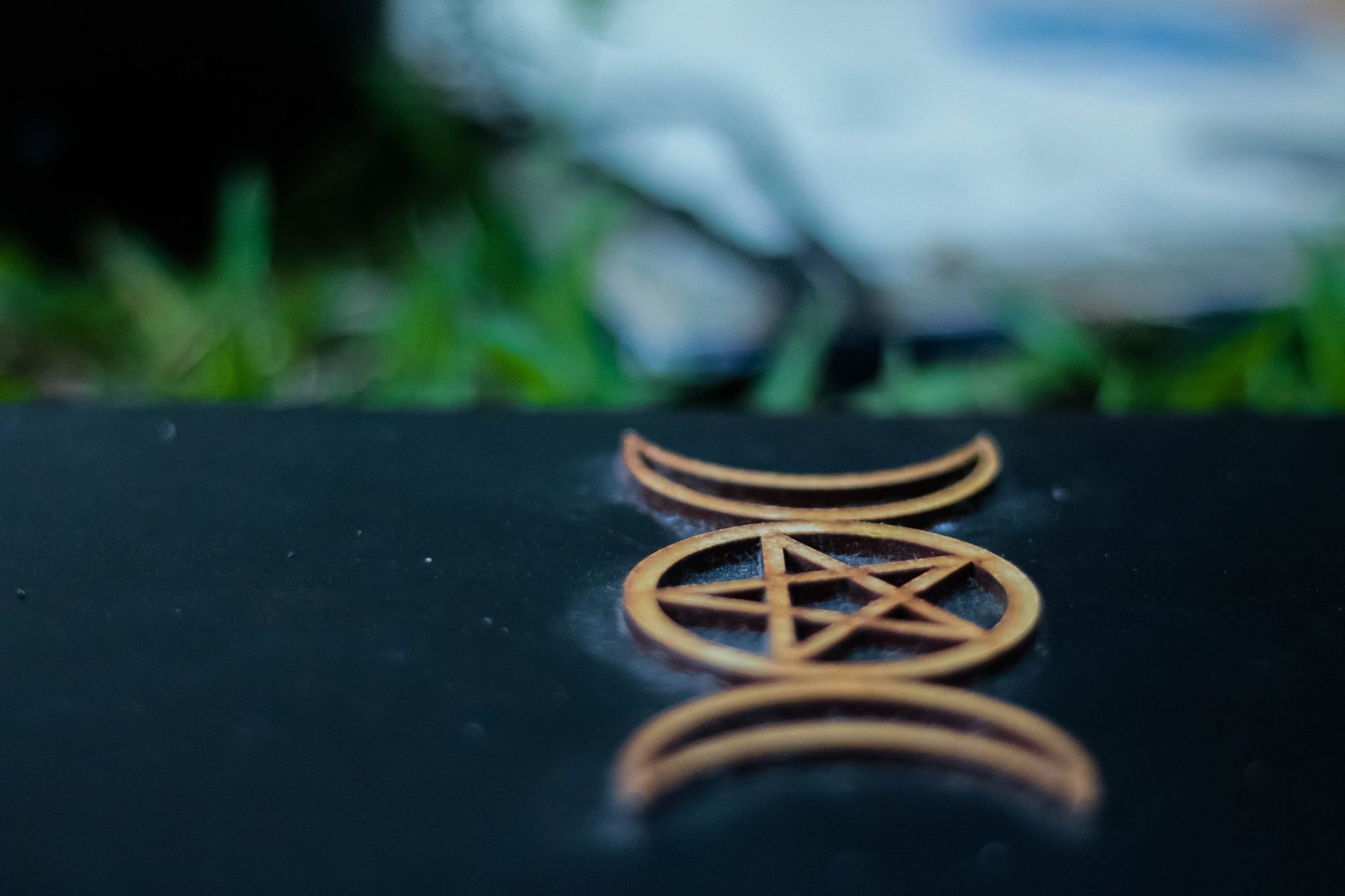
Many differences set religions and their followers apart, but luckily, the love for coffee isn’t one of them. Despite the separations of culture, ethnicity, and beliefs, coffee is one global constant that will continue to bring people together.
Read Next:

BRCC and Bad Moon Print Press team up for an exclusive, limited-edition T-shirt design!
BRCC partners with Team Room Design for an exclusive T-shirt release!
Thirty Seconds Out has partnered with BRCC for an exclusive shirt design invoking the God of Winter.
Lucas O'Hara of Grizzly Forge has teamed up with BRCC for a badass, exclusive Shirt Club T-shirt design featuring his most popular knife and tiomahawk.
Coffee or Die sits down with one of the graphic designers behind Black Rifle Coffee's signature look and vibe.
Biden will award the Medal of Honor to a Vietnam War Army helicopter pilot who risked his life to save a reconnaissance team from almost certain death.
Ever wonder how much Jack Mandaville would f*ck sh*t up if he went back in time? The American Revolution didn't even see him coming.
A nearly 200-year-old West Point time capsule that at first appeared to yield little more than dust contains hidden treasure, the US Military Academy said.












